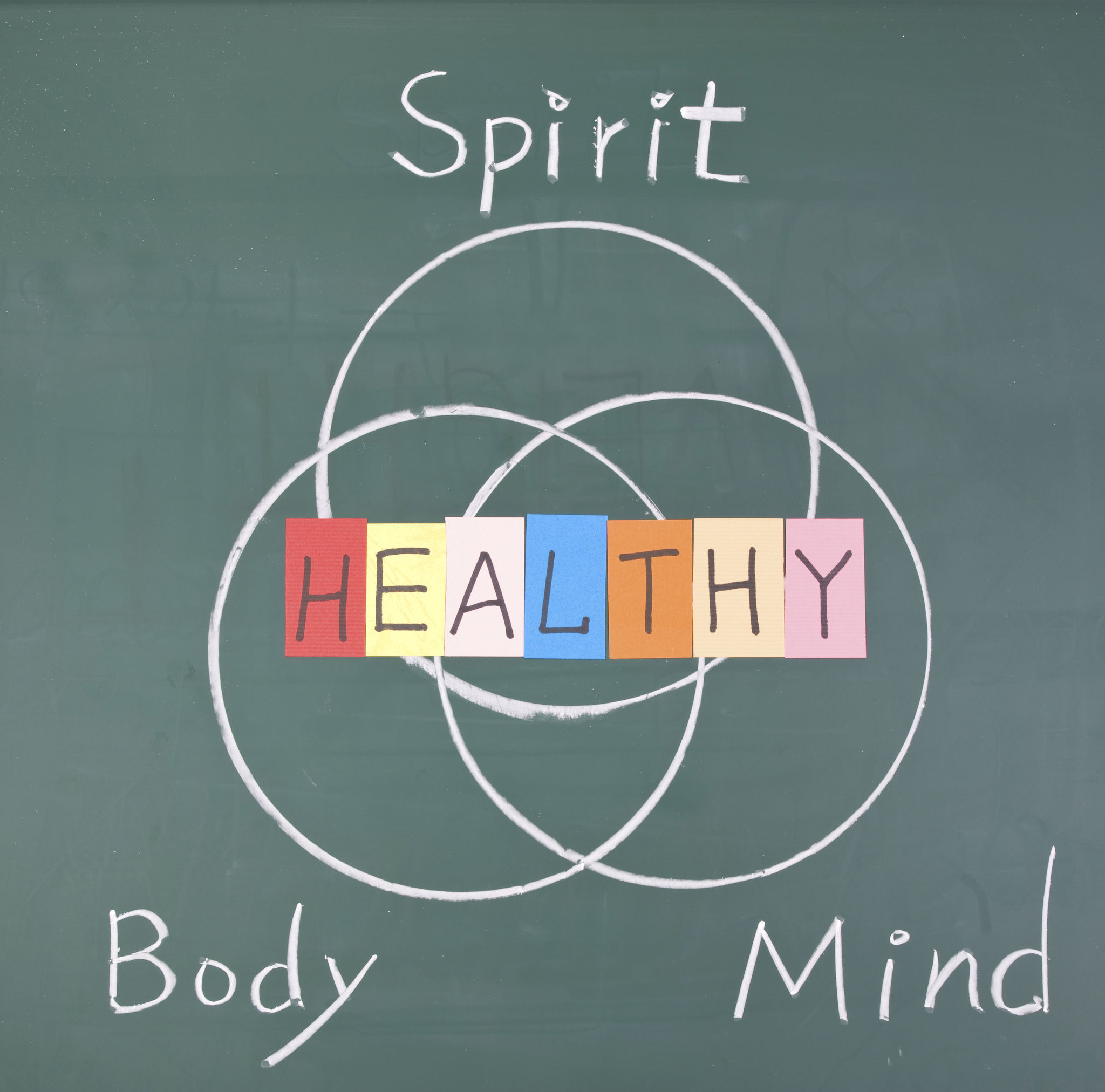Myths and Facts: Demystifying Mind-Body Health for Phoenix Residents
Understanding the Mind-Body Connection
The concept of mind-body health has been gaining traction as more people seek holistic approaches to wellness. However, understanding what this truly involves can be challenging. For Phoenix residents, the unique climate and lifestyle may influence how the mind and body interact. Let's delve into some common myths and facts to better understand this connection.

Myth: Mind-Body Health is Just Meditation
One widespread myth is that mind-body health is synonymous with meditation. While meditation is a powerful tool for mental clarity and stress reduction, mind-body health encompasses much more. Practices such as yoga, Tai Chi, and even certain forms of exercise play a crucial role in maintaining this balance.
In Phoenix, where outdoor activities are abundant, integrating varied physical practices that also engage the mind can be particularly beneficial. This approach contributes to overall well-being, enhancing both mental and physical health.
Fact: Emotional Health Affects Physical Health
It's a well-documented fact that our emotional state can significantly impact our physical health. Stress, anxiety, and depression can manifest in physical symptoms such as headaches, fatigue, and even chronic illnesses. Understanding this interplay is crucial for adopting effective mind-body practices.

Residents of Phoenix can benefit from local resources like community centers offering stress management workshops or counseling services to address emotional well-being. By doing so, they can potentially prevent or alleviate various physical ailments.
Myth: You Need to Spend a Lot on Mind-Body Health
Another common misconception is that maintaining mind-body health requires expensive classes or retreats. In reality, many effective practices are accessible and cost-free. Simple activities like walking in a park, practicing mindfulness techniques at home, or joining community groups for outdoor activities can enhance your mind-body connection without breaking the bank.
Phoenix offers numerous natural landscapes and parks where residents can engage in such activities, making mind-body health both accessible and enjoyable.

Fact: Nutrition Plays a Key Role
A critical but often overlooked aspect of mind-body health is nutrition. What we eat directly affects our mental and physical states. Consuming a balanced diet rich in vitamins, minerals, and antioxidants supports both brain function and physical health.
For residents in Phoenix, local farmers' markets provide fresh produce that can be incorporated into daily meals, promoting a healthy lifestyle that complements other mind-body practices.
Myth: Mind-Body Practices Are Time-Consuming
Many believe that engaging in mind-body practices requires a significant time commitment. However, even short, consistent practices can yield substantial benefits. Activities like five-minute meditation sessions, brief gratitude journaling, or a quick walk around the block can fit seamlessly into a busy schedule.
This flexibility makes it easier for Phoenix residents to integrate these practices into daily life, enhancing their overall well-being without needing to set aside large blocks of time.
Fact: Community Support Enhances Mind-Body Health
Having a supportive community is instrumental in maintaining mind-body health. Engaging with others who share similar wellness goals can provide motivation and accountability. Community events and wellness groups are excellent avenues for building such networks.

Phoenix boasts a vibrant community scene with various wellness events and groups that residents can join. This network not only fosters connections but also enriches individual wellness journeys by sharing experiences and strategies.
In conclusion, understanding the myths and facts surrounding mind-body health allows Phoenix residents to make informed decisions about their wellness practices. By embracing a holistic approach that incorporates emotional well-being, nutrition, community support, and accessible practices, individuals can enhance their quality of life in meaningful ways.
